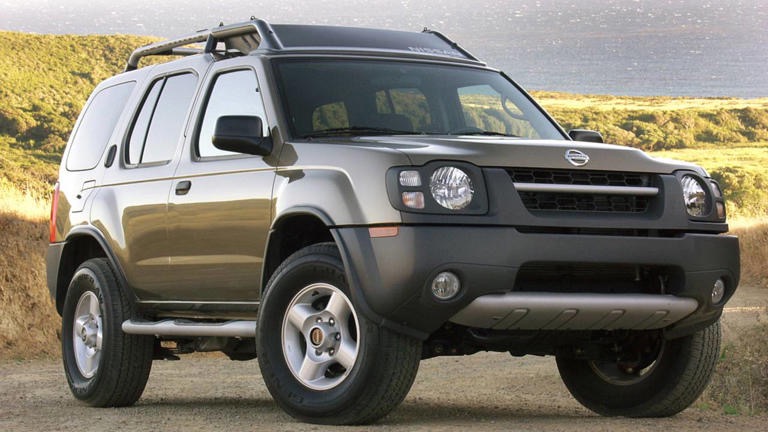TikTok has formally requested the U.S. Supreme Court to block a law that could effectively ban the app in the United States by January 19 unless its Chinese parent company, ByteDance, agrees to sell the platform to an American owner. The move comes as the company intensifies its legal battle to prevent the ban and safeguard its operations in one of its largest markets.
On the same day, TikTok’s CEO Shou Zi Chew met with President-elect Donald Trump at his Mar-a-Lago estate in Palm Beach, Florida, for a high-profile meeting that has further fueled speculation about the future of the app. The talks between the two came amid escalating tensions between the social media giant and the U.S. government over national security concerns related to its Chinese ownership.
Supreme Court Challenge
TikTok’s petition to the Supreme Court is a last-ditch effort to prevent a ruling that would see the app banned in the U.S. unless ByteDance sells its stake in the company. This law, which TikTok is challenging, was passed earlier this year after a federal appeals court upheld the legality of the U.S. government’s efforts to force the company’s divestiture. The court’s ruling was based on national security grounds, with lawmakers and intelligence officials expressing concerns about the potential for TikTok’s data collection practices to be accessed by the Chinese government.

The app’s legal team is asking the high court to overturn the appeals court decision, arguing that the law violates TikTok’s First Amendment rights and unfairly targets a platform that millions of Americans rely on for communication, entertainment, and business. TikTok maintains that there is no evidence that the app poses a legitimate national security threat, and it has taken steps to secure U.S. user data in a bid to address these concerns.
“We are committed to protecting the privacy and security of our U.S. users,” said a TikTok spokesperson. “We believe the law is overreaching and harmful to free expression, and we hope the Supreme Court will rule in favor of safeguarding the interests of millions of American users.”
Trump and TikTok: A Meeting with High Stakes
While TikTok’s legal team works on its Supreme Court petition, the meeting between Trump and Chew could have far-reaching political and business implications. Trump, who has been one of TikTok’s most vocal critics, has long called for the app to be banned over fears that it could be used by the Chinese government for surveillance and influence operations.
Sources close to the meeting suggest that Trump and Chew discussed the potential for ByteDance to sell TikTok’s U.S. operations to an American company, which has been a consistent demand from the Trump administration in previous years. While no specific details of the conversation were disclosed, it is believed that Trump expressed his concerns over national security while Chew reiterated TikTok’s commitment to data security and privacy measures.
The meeting is particularly significant as Trump is set to return to the White House in 2025, and his stance on TikTok could play a pivotal role in shaping the app’s future in the U.S.
The law in question, which mandates ByteDance’s divestiture of TikTok or a ban on the app, has become a major political issue in the lead-up to the 2024 election. While Trump and many Republican lawmakers have voiced support for a ban, citing national security risks, some Democrats have expressed caution. They warn that a ban could infringe on free speech and harm American businesses that rely on the platform for marketing and communication.
Senator Mark Warner (D-VA) has called for a thorough review of foreign-owned tech companies but has cautioned against taking drastic actions without a full understanding of the consequences. Warner has pointed out that TikTok’s reach extends far beyond China, with millions of American businesses and creators depending on the platform for their livelihoods.
What’s Next for TikTok?
As the legal fight continues, TikTok is also working to bolster its security efforts. The company has implemented new transparency measures, including the establishment of “Transparency Centers” in the U.S., where independent auditors can assess its data practices. Additionally, TikTok has pledged to store all U.S. user data on American soil, with backup data centers in Singapore, as part of efforts to reassure U.S. officials that user information is secure.
Despite these initiatives, the prospect of a ban continues to hang over TikTok, and the company’s appeal to the Supreme Court is likely to determine its fate in the U.S. By January 19, TikTok’s legal team will await a decision that could either overturn the ban or mark the beginning of the end for its operations in one of its most important markets.
As the case makes its way through the courts, the outcome will likely set a significant precedent for how the U.S. government handles the growing influence of foreign-owned tech companies in the years to come.













